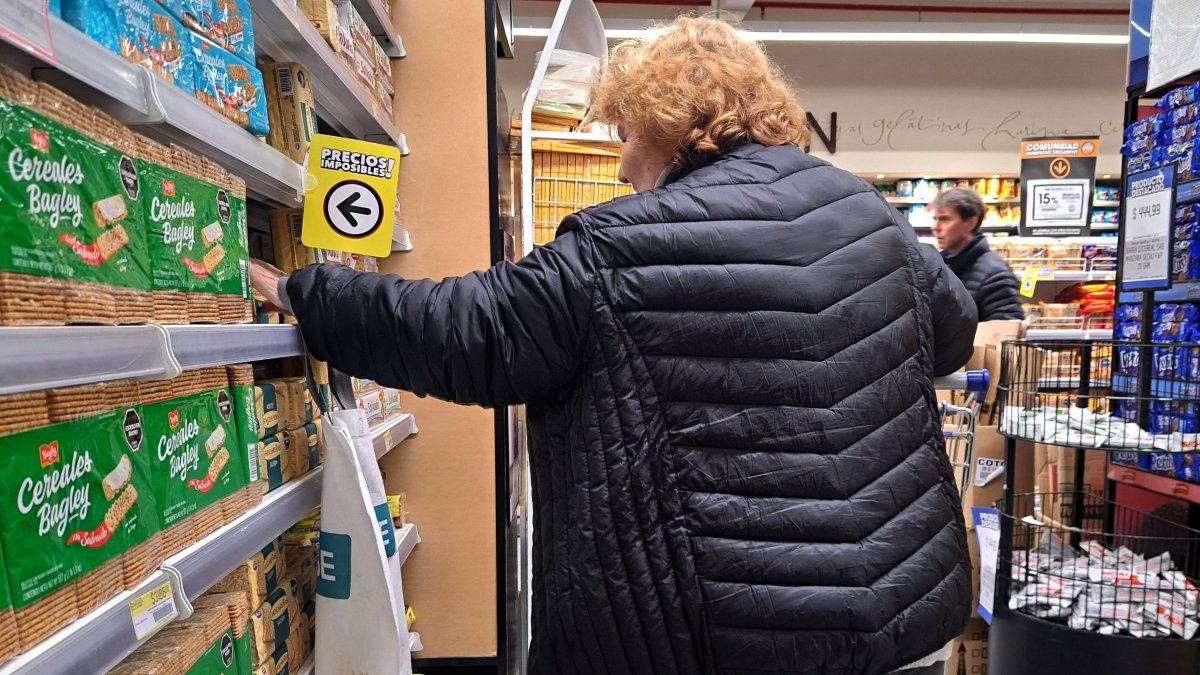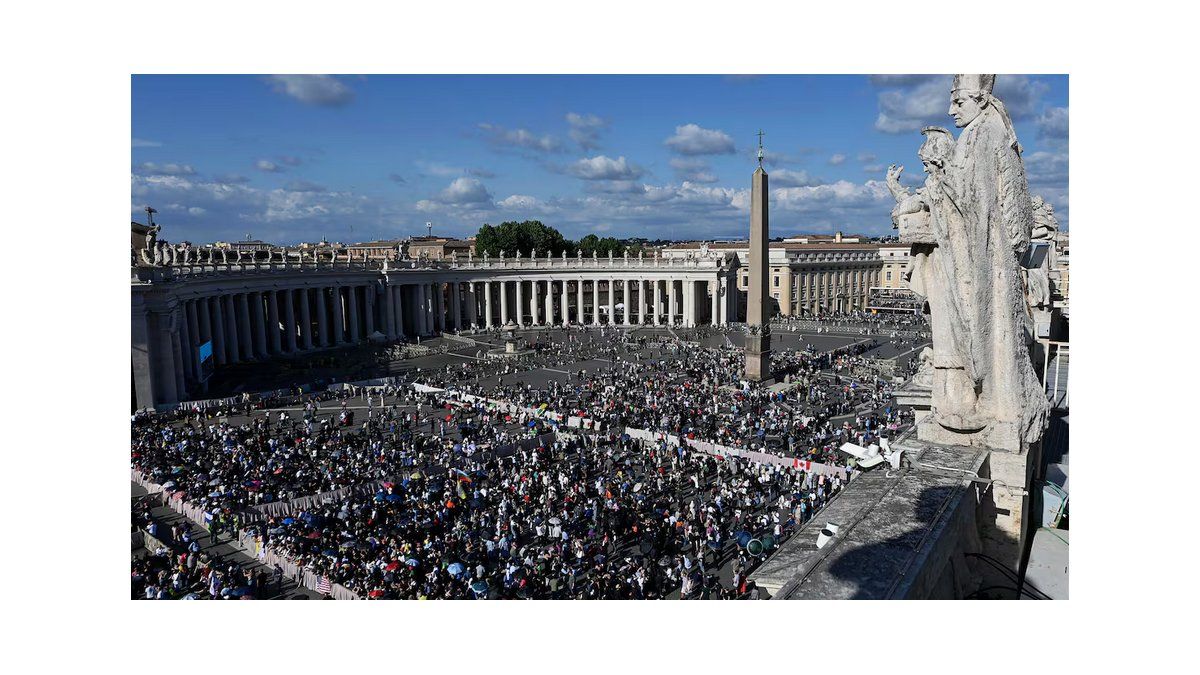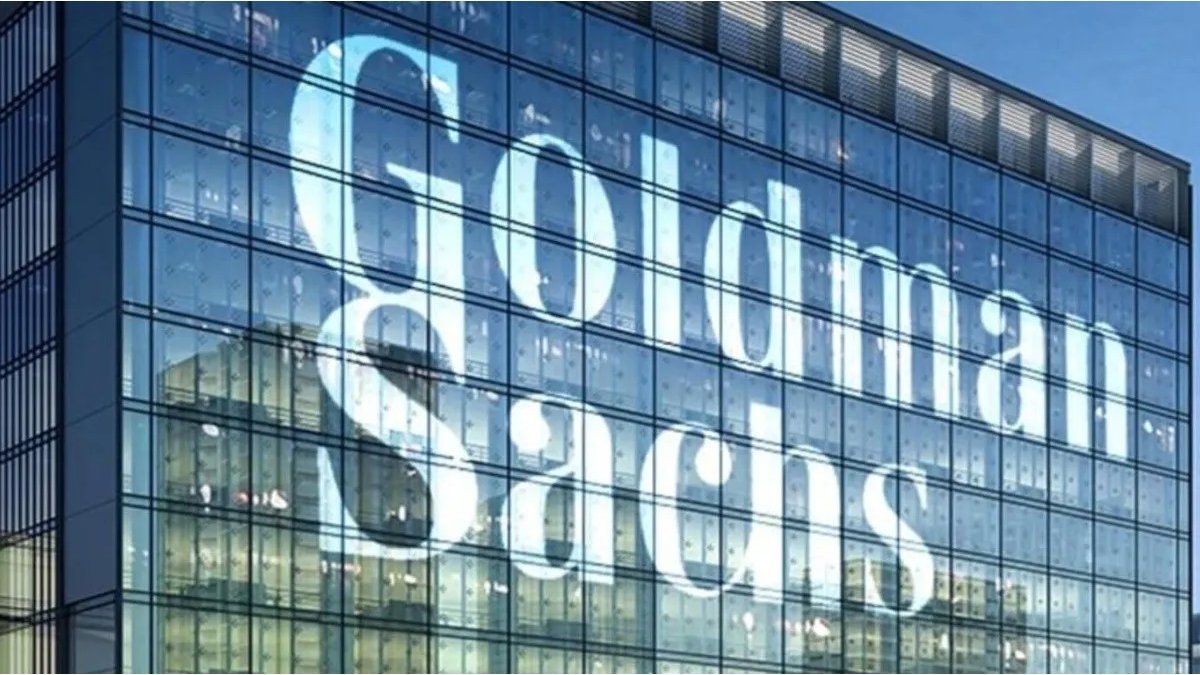The EU spring summit in Brussels is intended to help prevent major conflicts from escalating further. Can Chancellor Olaf Scholz and his colleagues deliver?
First the war in Ukraine and then the escalation of the Middle East conflict: foreign policy issues have recently played a central role at the regular meetings of European heads of state and government. Things won’t be much different at the spring summit in Brussels, which starts today. However, there are two other items on the agenda that could cause difficult discussions. An overview:
The EU and the anger of farmers
After sometimes violent farmers’ protests in numerous EU countries, the issue of agriculture is now becoming a top priority in Brussels. A draft of the summit declaration by the heads of state and government states, among other things, that the European Commission, under the leadership of Ursula von der Leyen, should immediately continue working on short and medium-term measures to support agriculture. The Commission has already presented relief for farmers several times in the past few weeks – for example by allowing relaxed environmental requirements.
The aim is also to free farmers from administrative burdens and to enable farmers to earn an appropriate income. The draft states that the position of farmers within food supply chains should be strengthened. It is not clear from the draft exactly what measures should be taken. In principle, food retailers have a powerful negotiating position when it comes to how much farmers are paid for their food.
The draft summit declaration also mentions the partial reintroduction of tariffs on Ukrainian food negotiated on Wednesday by negotiators from the European Parliament and EU states. Polish farmers in particular found themselves exposed to disproportionate competition due to sharp increases in imports from Ukraine. The reintroduction of tariffs is now intended to meet the demands of farmers. There is also talk of introducing new tariffs on grain imports from Russia.
The EU and the war in Ukraine
Are the EU states doing enough to prevent Russia from winning the war against Ukraine? And if not, what else needs to be done? This is another explosive question that Chancellor Olaf Scholz (SPD) and his colleagues will have to deal with this Thursday and Friday. A draft of the final declaration states that the provision of all necessary military assistance should be accelerated and intensified. However, what exactly that means is not explained. At least from Scholz’s point of view, this should not mean the delivery of long-range Taurus cruise missiles.
In connection with the war in Ukraine, it should also be about how the European defense industry can be strengthened as quickly as possible. Among other things, there is talk of allowing the European Investment Bank (EIB) to support armaments projects in the future. So far she hasn’t been allowed to do that.
The EU and the Middle East conflict
In view of the dramatic humanitarian situation of the Palestinian civilian population in the Gaza Strip, a large majority of EU states want to demand that Israel pause in the fight against Hamas, which should then lead to a sustainable ceasefire. Until recently, however, it was unclear whether there was the necessary consensus for a joint declaration.
Hungary, for example, actually sees it as inappropriate to call on Israel to show restraint after the Hamas massacre on October 7th. On the other side, there are countries like Spain that consider Israel’s actions in the Gaza Strip to be contrary to international law and would like a stronger reaction from the EU.
The EU and the candidate countries
According to the EU Commission, the Balkan country of Bosnia-Herzegovina is ready to start negotiations on accession to the European Union. However, the decision rests with the heads of state and government – and critical voices have recently been heard, especially from the Netherlands. These point, among other things, to existing deficits in the area of the rule of law.
States like Austria, on the other hand, are pushing for a positive decision for Bosnia-Herzegovina and are threatening to block progress in the accession process for countries like Ukraine and Moldova. The reason is also the concern that the Balkan country with around 3.2 million inhabitants could otherwise orientate itself towards Russia or China.
Source: Stern
I have been working in the news industry for over 6 years, first as a reporter and now as an editor. I have covered politics extensively, and my work has appeared in major newspapers and online news outlets around the world. In addition to my writing, I also contribute regularly to 24 Hours World.




